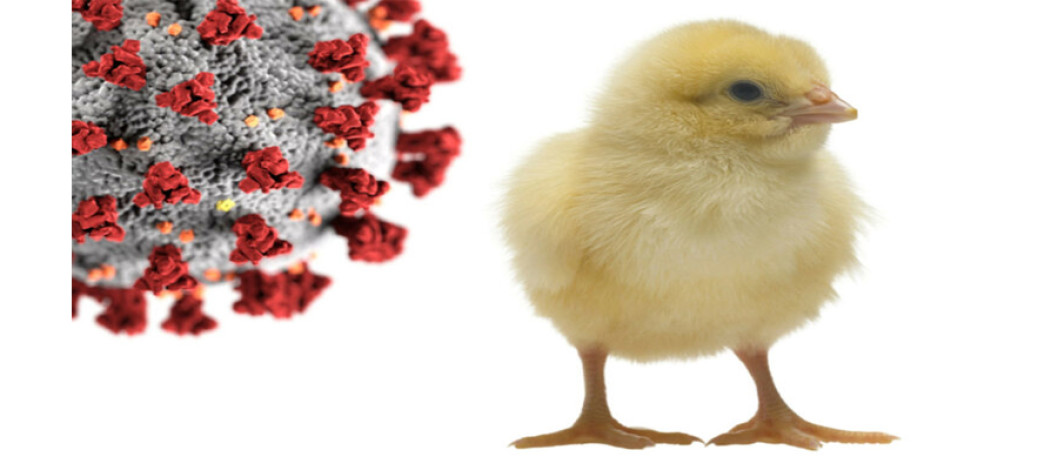
Infectious Bronchitis (IB) is a highly contagious viral disease that significantly impacts poultry production worldwide. Protecting poultry flocks against IB is crucial for maintaining productivity, ensuring animal welfare, and securing the profitability of the poultry industry.
Caused by the Infectious Bronchitis Virus (IBV), this disease primarily affects the respiratory system but can also impact the reproductive and renal systems, leading to severe economic losses in commercial poultry farming.
Strategies for protection against IBV
The strategy for controlling Infectious Bronchitis should include key components such as biosecurity measures, disease monitoring (including IBV and co-infections), vaccination, and the evaluation of vaccine application practices.
Vaccination is the most effective method for controlling IBV. Live attenuated vaccines are commonly used in day-old chicks to provide early immunity. Because IBV has multiple strains, vaccination programmes often employ a combination of vaccines to induce broad-spectrum protection. Proper administration and timing of vaccination are critical for optimal immune response.
Since vaccination is a key component of IB control, 3 pillars should be considered for a solid strategy, namely vaccination quality and simplification, disease control, and disease prevention.
Broad-spectrum protection
As is known, IB is caused by various strains of the coronavirus, which can mutate and recombine, leading to new variants. Even in the same region, more than one strain can be found, which can severely challenge the birds. This way, a broad-spectrum cross-protection helps cover a wider range of these strains, reducing the risk of outbreaks, protecting the birds and flocks.
Below are 2 examples of IBV epidemiology
But, as noted, a combination of IB vaccines can induce cross-protection against different strains. See below the list of 53 single studies showing the combination of IBird (1/96) + Mass, applied at 1 day of age versus very distant IBV strains.
Virus control by reduction of shedding
If protection is achieved, disease prevention can also be accomplished by reducing the shedding of the virus in the field. It will provide several key benefits for poultry health and overall production efficiency, including:
*Decreased disease transmission
*Lower secondary infections
*Better vaccine efficiency
*Improved production performance
*Economic benefits
*Protection of future flocks
The protection of poultry against Infectious Bronchitis is essential for sustainable poultry production. A comprehensive approach that includes effective vaccination, stringent biosecurity and proper flock management is necessary to mitigate the risks associated with IBV. By adopting these measures, poultry producers can safeguard flock health, improve production efficiency, and minimise economic losses, ensuring a stable and profitable poultry industry.
Source: Email/GFMM
Comment Now